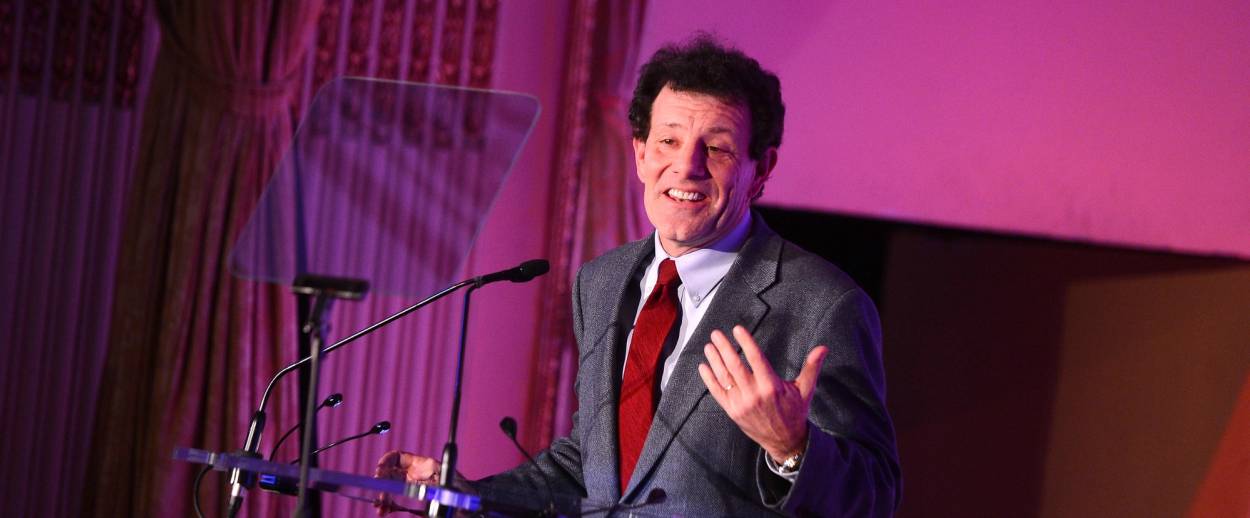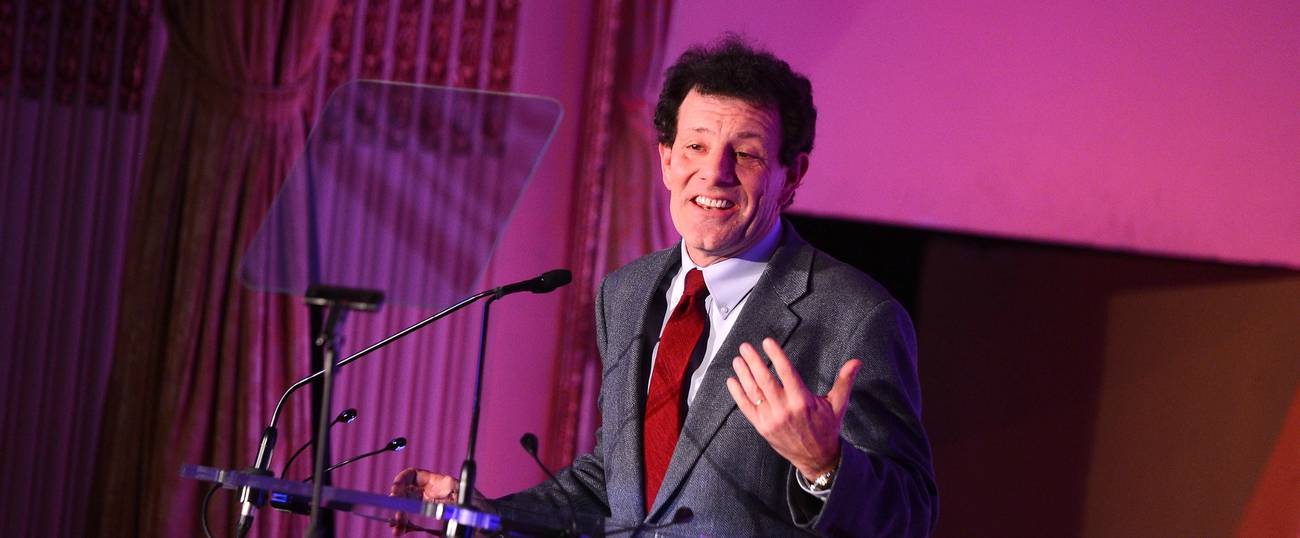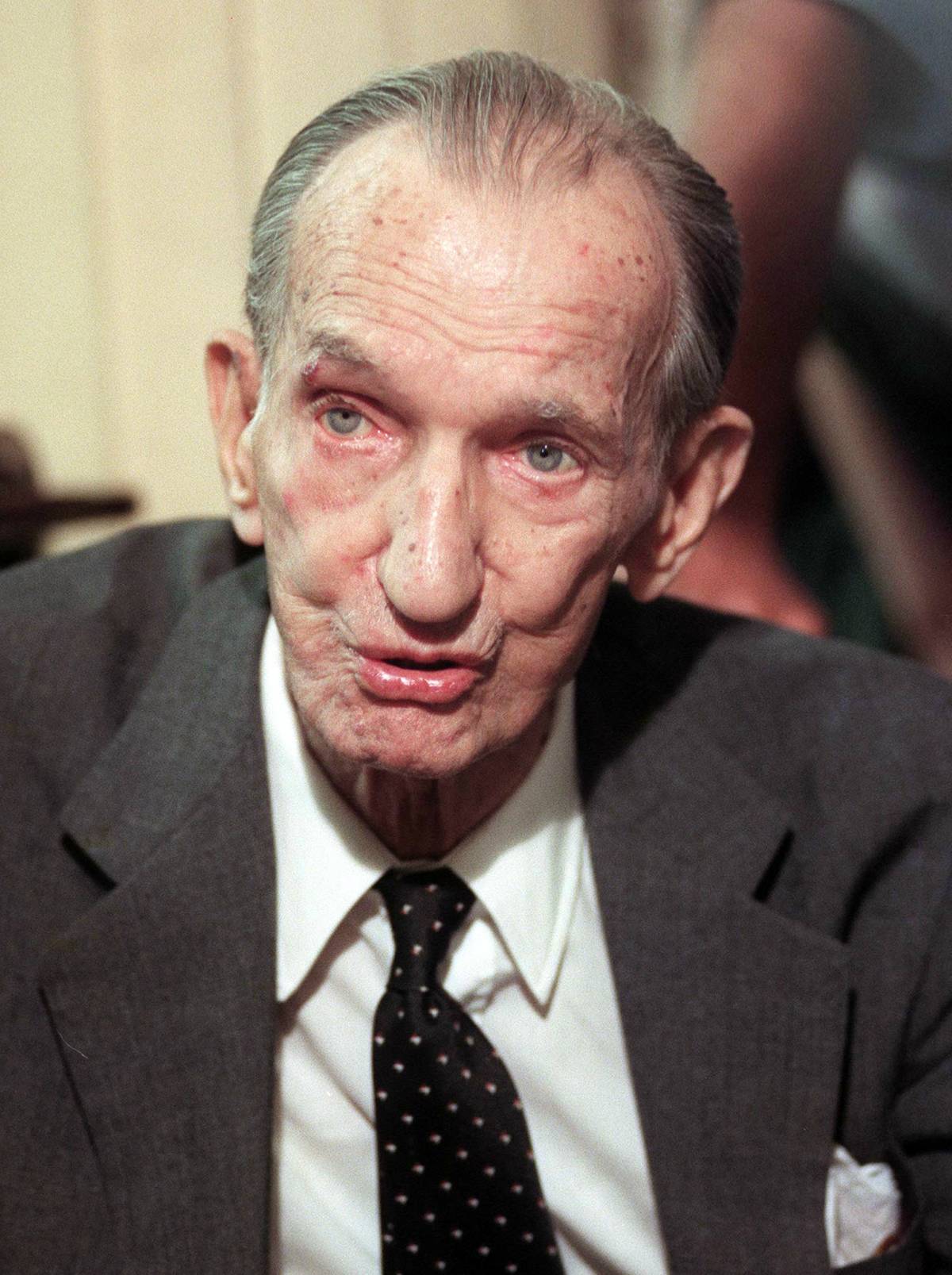Jan Karski was one of the great moral heroes of the 20th century. A Polish diplomat who narrowly escaped the Katyn massacre and then joined the anti-Nazi underground, Karski famously risked his life to sneak into the Warsaw ghetto, gathering information to warn the world about the impending destruction of Europe’s Jews. In November 1942, Karski delivered a report on his findings to the London-headquartered Polish government-in-exile, and then traveled onward to the United States, where he met with President Franklin Delano Roosevelt. Two years later, he published Story of a Secret State, one of the first accounts of the then-unfolding Holocaust. After the war, Karski completed a Ph.D. at Georgetown, where he taught for 40 years. Despite his not having saved any individual Jews, Yad Vashem named him Righteous Among the Nations; among his many honors, Israel awarded Karski honorary citizenship and President Barack Obama posthumously bestowed upon him the Presidential Medal of Freedom.
Karski’s legacy worth is commemorating and celebrating. Which is why, especially now, as I write this from Warsaw, it’s strange that his eponymous foundation, whose stated goal is to “instill in people—especially youth—the values of leadership, courage and integrity, as exemplified by the life of Jan Karski,” has decided to bestow its “Spirit of Jan Karski Award” upon New York Times columnist Nicholas D. Kristof on Tuesday night at The New School in New York.
Long fashioning himself a sort of Karski, Kristof has reported from some of the world’s most dangerous conflict zones, but the similarities end there. For while Karski was clear-eyed about naming evil, Kristof is the height of pusillanimity.
Kristof’s penchant for sob story moralizing has been on fine display in a series of columns lamenting the destruction of Syria. Filled with emotional details about the war’s victims, these pieces have little to say about its perpetrators—namely, the Iranian state sponsor of the murderous Assad government. The reason for this elision has to do with the fact that, not so long ago, Kristof was one of the prime journalistic propagandists for the Obama Administration’s Iran nuclear deal, which hinges upon “respecting,” in the president’s words, Iranian “equities” in Syria. In the years leading up to the agreement, Kristof whitewashed the Iranian regime, which, in a perverse twist, denies the Holocaust Karski exposed.
Neglecting to confront Iranian Holocaust denial, Kristof has the gall to compare Western dithering over Syria to the indifference shown Jewish victims of the Nazis. “Anne Frank Today is a Syrian Girl,” he declared, neglecting to draw out the analogy to its proper conclusion, which would hold the Iranians to be today’s Nazis. As my Tablet colleague Lee Smith wrote, “Kristof brandishes the Holocaust as proof of the righteousness of his causes, and as a shield against his own moral acquiescence in the crimes he deplores, in a way that would make even the most Holocaust-obsessed American Jewish right-winger—a type with which Kristof would presumably deny even the most passing affinity—recoil.”
Asked about his knowledge of Karski in an “exclusive” interview conducted with the Foundation, Kristof predictably namechecks U.N. Ambassador Samantha Power’s tome about American responses to genocide, A Problem From Hell, which offers an unsparing critique of the Western leaders who perennially dither in the face of crimes against humanity. Throughout the book, Power praises officials who resigned in protest over policies they deemed morally indefensible. Like Kristof, Power is a sanctimonious hypocrite, who, by putting a humanitarian gloss on this administration’s dishonorable Syria policy, has decided that maintaining her liberal establishment street cred is more important than standing up for what she otherwise claims to believe. When Power leaves Turtle Bay, she will need to update her book with a new epilogue detailing the story of its author, who, like the administration officials she criticized across time, betrayed her principles.
Kristof’s inability or unwillingness to recognize and speak plainly about evil betrays a gullibility that has led him to fall for fraudulent do-gooders like Greg Mortenson, who embezzled money from a charity dedicated to Afghan girls’ schools and fabricated much of his bestselling book Three Cups of Tea, and Somaly Mam, a Cambodian anti-sex trafficking activist who also told tall tales. Indeed, there exists no better mascot for the cottage industry of this school of feel-good, “slacktivist” humanitarianism. “Some people claim that if Facebook had existed during WWII, the Holocaust would never have happened,” the Karski Foundation asked Kristof, the sort of glib question perfectly suited for the Times’ glibbest columnist. Of course, the Holocaust would have happened regardless of whatever flashy social media tools existed at the time. The only difference would have been a lot of people sharing sappy Nicholas D. Kristof columns about it, imploring them to fight the Nazis with “schools, not troops.”
Warsaw, the city Karski loved, is all but unrecognizable from its pre-War state, after being turned into a field of rubble by the Germans and then reconstructed in the style of Stalinist grotesque. Yet Karski would recognize our politics in an instant—the menace of Vladimir Putin to the east, and the contest between nationalist conservatives and liberals inside Poland. Above all, he would recognize how fragile our freedoms are and continue to be, and how easy it is for comfortable people to erase the lines between freedom and tyranny in order to make themselves feel more comfortable and less threatened. Jan Karski’s moral genius and his physical courage meant that the thought of sacrificing the freedoms of millions of people in exchange for maintaining his own illusions was fundamentally repulsive to him. He would find the idea of an award in his name being given first to Samantha Power, and now to Nicholas Kristof, to be similarly repulsive.


